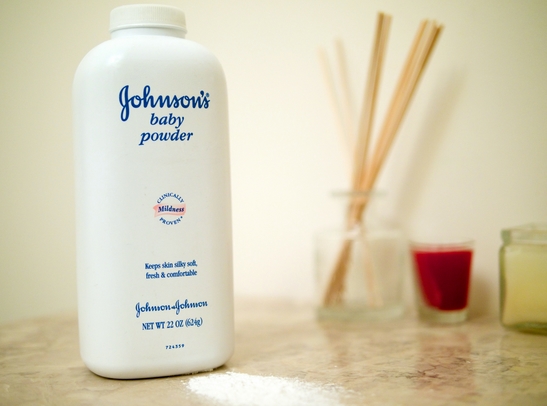
As medical disaster stories go, it doesn’t get much worse than this. The Sun recently reported on the horrific story of Ekaterina Fedyaeva, a 27-year-old Russian woman who died an agonizing death after being “embalmed alive.” Instead of being placed on a saline drip after a routine surgical procedure, medical personnel accidentally put her on a formalin drip. Formalin contains formaldehyde – embalming fluid – and is usually injected into the veins of people who have died to avoid decomposition.
Ekaterina’s devastated mother, Galina Baryshnikova, accused hospital personnel of murder after the beautiful young woman was subjected to two days of agonizing convulsions and excruciating pain before her organs collapsed and she finally slipped into a coma.
Galina knew right away that something wasn’t right after Ekaterina’s surgery.
"Her legs were moving, she had convulsions, her whole body was shaking," she said. "I put socks on her, then a robe, then a blanket but she was shivering to such an extent, I can’t even describe it.”
The traumatized mom says that nobody came to check on her daughter, despite her pleas for help.
“We had no idea it was formalin,” she told The Sun. “Now I understand that formalin was simply eroding her body from the inside. People who performed the surgery already knew that they infused something wrong. They needed to take some urgent measures -- but they did nothing."
The doctors kept pushing Galina to go home, and she believes they recognized what they had done and were only concerned with covering up their disastrous mistake. She says that doctors did nothing for at least 14 hours, but finally rushed Ekaterina to intensive care when her condition continued to deteriorate.
When Galina tried to find the medical team to discuss the situation with them, she found them huddled together trying to come up with a way to tell the family what a terrible mistake they had made.
After her lungs, heart and liver stopped functioning, Ekaterina was put on an artificial lung ventilator and moved to a different hospital. Medical personnel at that facility told her family exactly what had happened and battled to save Ekaterina’s life. After trying 52 different drugs on her, Ekaterina was moved to a Moscow hospital, where she briefly regained consciousness before dying of multiple organ failure.
While this story might seem like a tragedy that happened far away and has little relevance to us as Americans, the truth is that many of us choose to inject the exact same substance that killed Ekaterina into our children’s veins without ever realizing that we are doing so.
The U.S. Department of Health and Human Services freely admits that formaldehyde causes cancer. And the tragic story of Ekaterina Fedyaeva clearly shows what large doses of this chemical can do to a human.
Nonetheless, the U.S. Food and Drug Administration (FDA) claims:
Formaldehyde has a long history of safe use in the manufacture of certain viral and bacterial vaccines. It is used to inactivate viruses so that they don’t cause disease (e.g., polio virus used to make polio vaccine) and to detoxify bacterial toxins, such as the toxin used to make diphtheria vaccine. Formaldehyde is diluted during the vaccine manufacturing process, but residual quantities of formaldehyde may be found in some current vaccines. The amount of formaldehyde present in some vaccines is so small compared to the concentration that occurs naturally in the body that it does not pose a safety concern.
Is that true, though? Perhaps there is only a small amount of formaldehyde in any one vaccine, but the average American child receives its first vaccine within 12 hours of its birth, and receives a total of 69 vaccines by the age of 18. How can we say for sure that all the formaldehyde in that many vaccines does not cause damage? (Related: Five years of proof that the CDC knows vaccines still contain mercury, formaldehyde, aluminum, antibiotics and MSG ... all of which are toxic to human biology.)
And formaldehyde is just one of the many dangerous ingredients in vaccines, which also contain aluminum, MSG, antibiotics and thimerosal (mercury), to name a few.
So, while all of us hope and pray that we will never have to go through what poor Ekaterina’s parents are coping with, we should take the time to do some serious investigation before voluntarily injecting our children with the very same toxic chemical that killed her. (Related: Learn the truth at Vaccines.news.)
(Photo: Courtesy of East2West News)
Sources include:
NIEHS.NIH.gov[PDF]
Please contact us for more information.





















